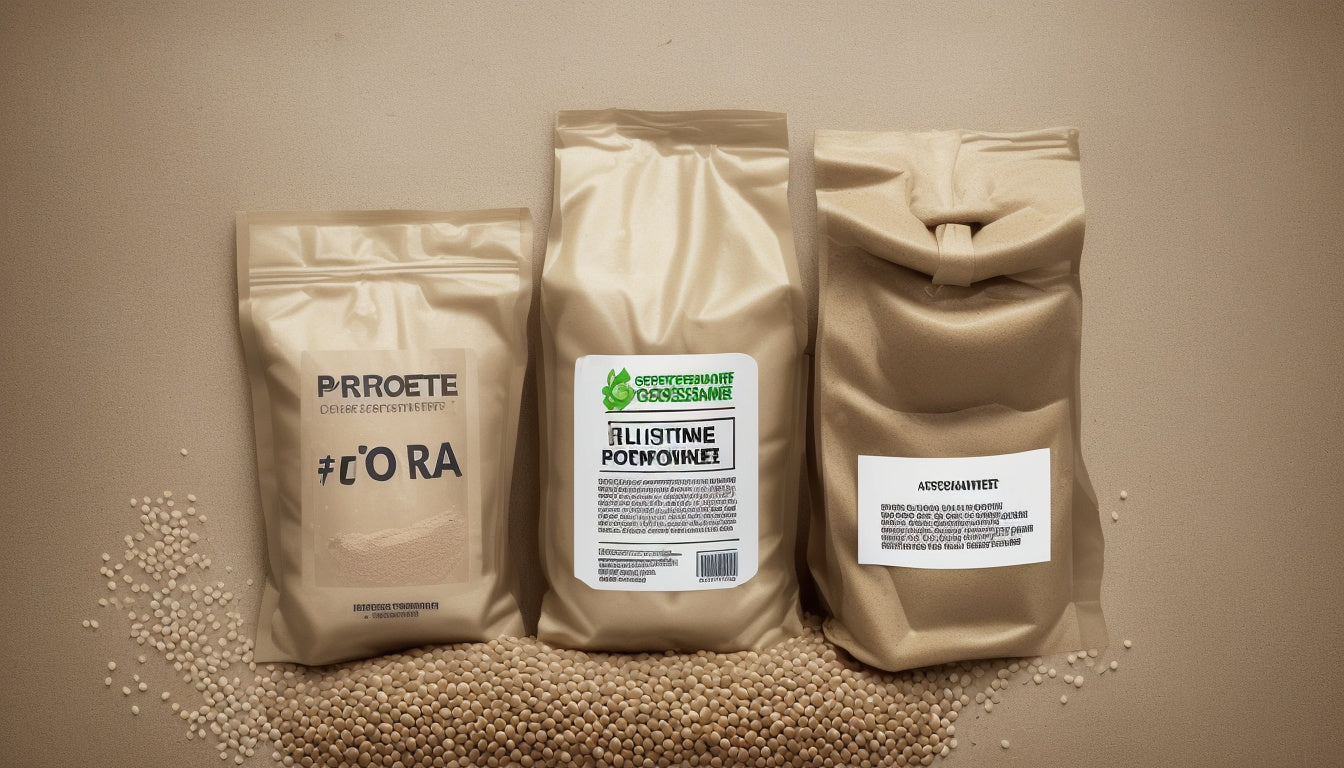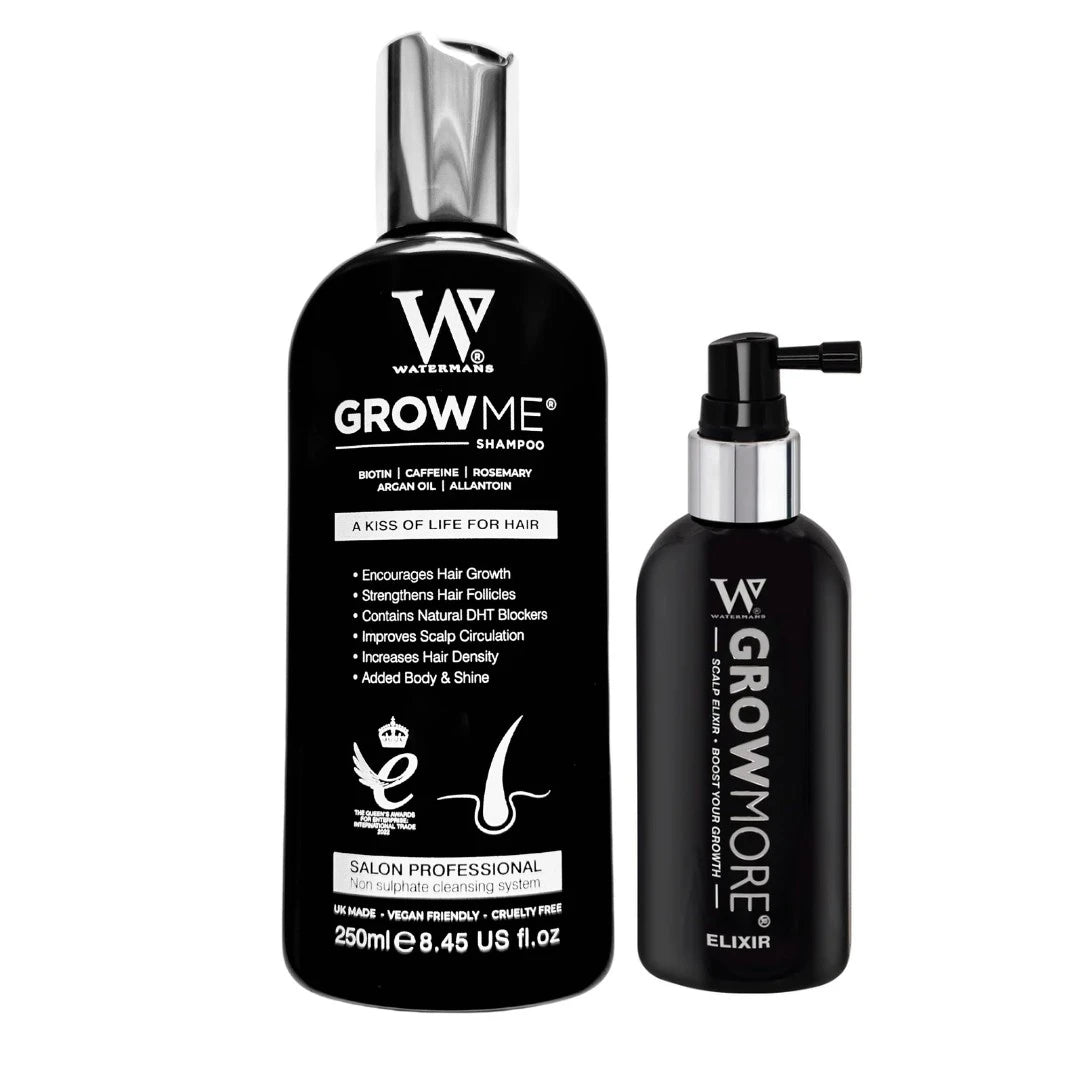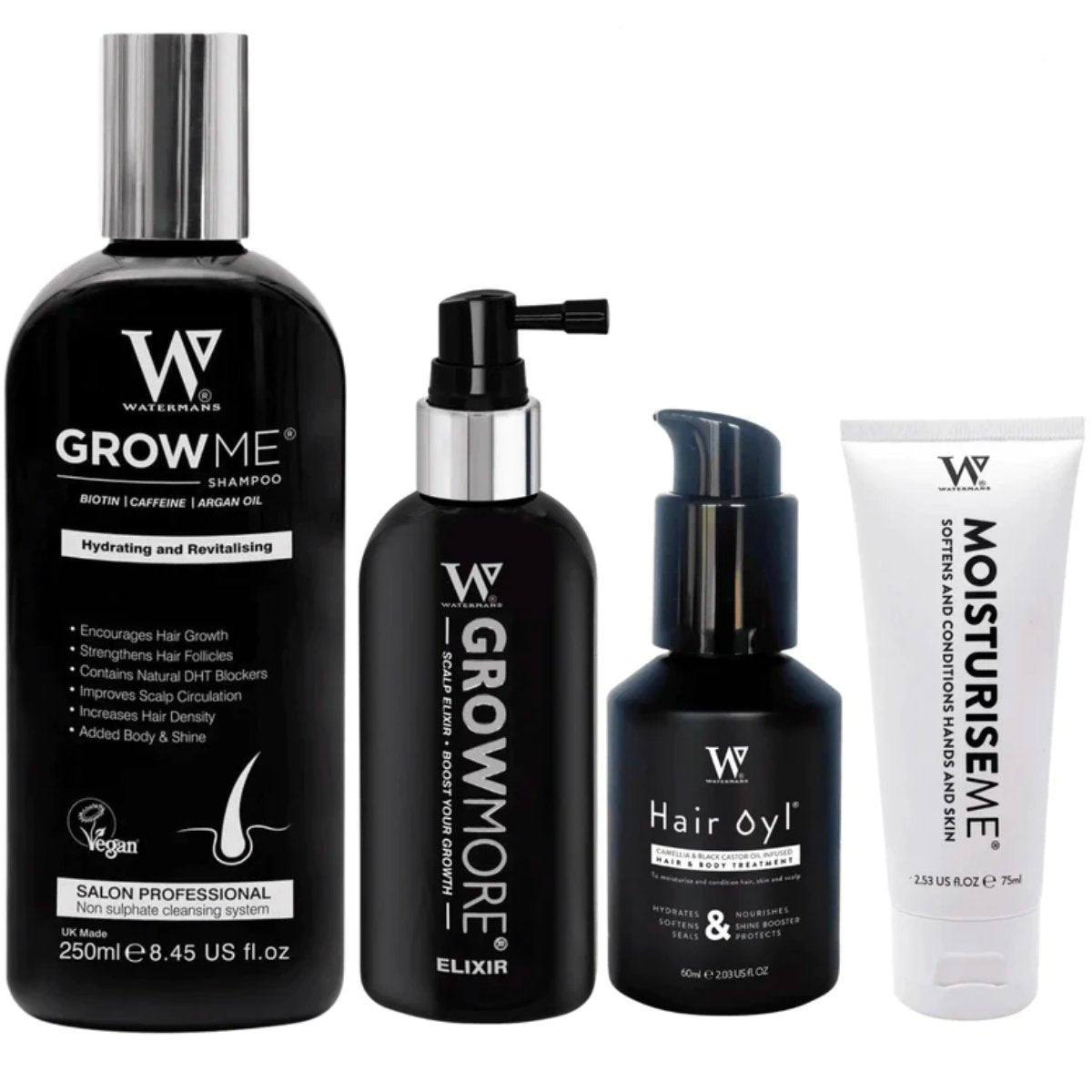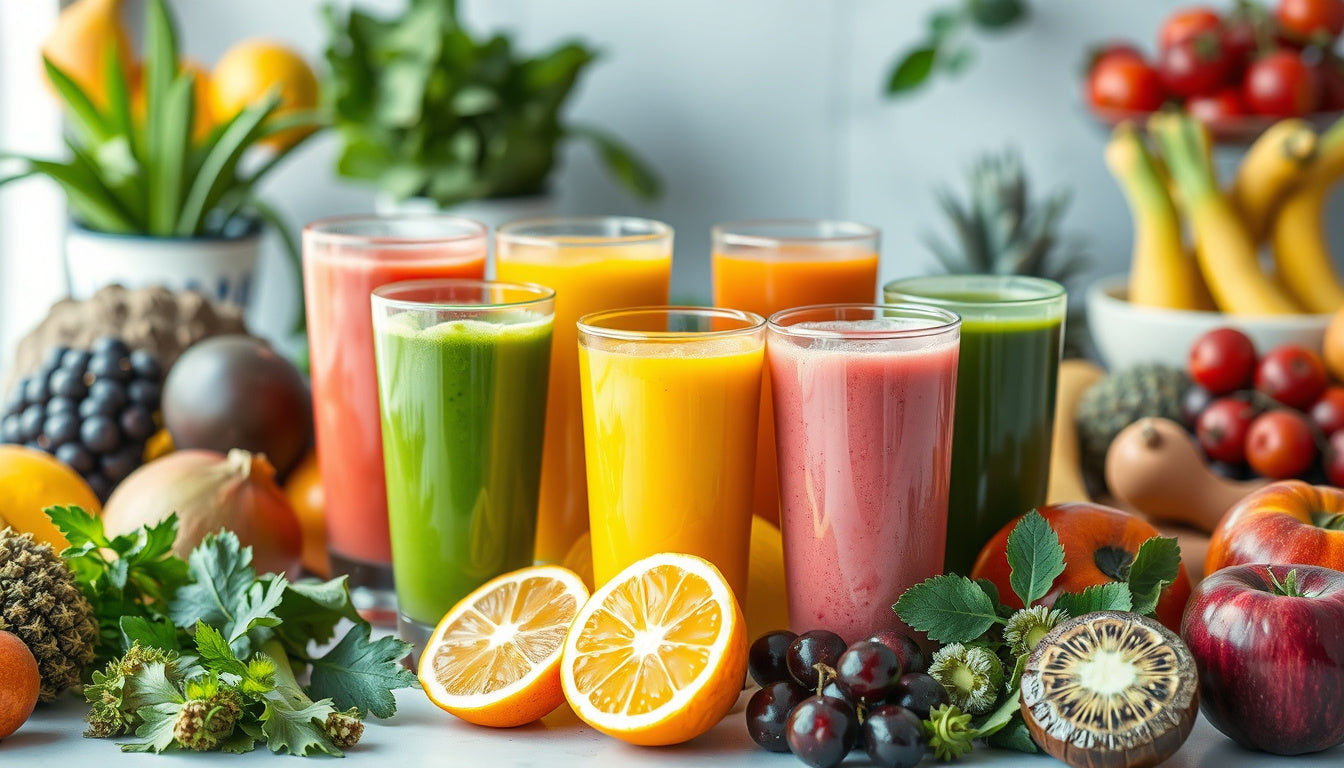
The Shocking Truth About This Common Ingredient: Why You Should Stay Away from Soy Protein Isolates!
When it comes to maintaining a healthy diet, many people focus on incorporating protein to support muscle growth, hair health, and overall wellness. However, not all protein sources are created equal. One ingredient that frequently appears in processed foods, diet shakes, and protein bars is soy protein isolate — and it may not be as safe or beneficial as you think. Here’s why you should be cautious about consuming soy protein isolates and what to look for on food labels.
What Are Soy Protein Isolates?
Soy protein isolates are a highly processed form of soy protein. They are created by extracting protein from soybeans and concentrating it to increase protein content. At a glance, this sounds like a convenient way to get a plant-based protein boost, especially for vegetarians or those avoiding animal products. However, the extraction process involves chemicals and industrial solvents that raise health concerns.
How Are Soy Protein Isolates Made?
The process used to isolate soy protein involves the use of hexane, a petroleum byproduct commonly employed as a solvent. Hexane helps separate the protein from the soybean’s fiber, carbohydrates, and fats, producing a highly concentrated protein powder. However, hexane is not without risks:
- Toxicity: Hexane is a known neurotoxin, meaning it can adversely affect the nervous system.
- Liver Concerns: Exposure to hexane has been linked to liver problems.
- Chemical Residue: While manufacturers claim the final product contains minimal hexane residue, concerns remain about the cumulative effects of consuming these residues regularly.
Because of these reasons, many health experts advise avoiding foods with soy protein isolates, especially if consumed frequently.
Common Foods That Contain Soy Protein Isolates
Soy protein isolates are found in many packaged and processed products, including:
- Diet shakes and powders
- Protein bars and snacks
- Veggie burgers and meat substitutes
- Some cereals and baked goods
Always check the ingredient list for “soy protein isolate” or “soy protein” when buying such products. Opting for whole food protein sources or less processed alternatives is a smarter choice for your health.
Why Avoid Soy Protein Isolates for Hair and Overall Health?
For those interested in hair care and overall vitality, what you consume directly impacts your results. Since hexane is harmful to the liver, and the liver plays a crucial role in detoxification and nutrient metabolism, consuming hexane residues can indirectly affect hair health and growth. Moreover, a diet rich in whole, natural proteins supports better hair strength and appearance than one loaded with chemically processed ingredients.
If you seek natural and effective products to support hair growth and health, you might want to explore formulations free from harsh chemicals and artificial additives. For trusted solutions and well-researched hair products, consider exploring reputable brands like Watermans, which focuses on holistic hair care without compromising your health.
Conclusion: Choose Natural and Minimally Processed Proteins
Soy protein isolate may seem like a convenient protein source, but its chemical processing and potential health risks make it worth avoiding. Instead, prioritize whole-food protein sources such as legumes, nuts, seeds, and animal proteins if you consume them. Reading ingredient labels carefully and avoiding products with soy protein isolates can help reduce exposure to harmful solvents like hexane, supporting your liver health, nervous system, and even your hair.
By making mindful food choices and investing in quality hair care products, you’re taking significant steps toward improving your overall well-being.
For more information on hair health and natural solutions, check out Watermans.













